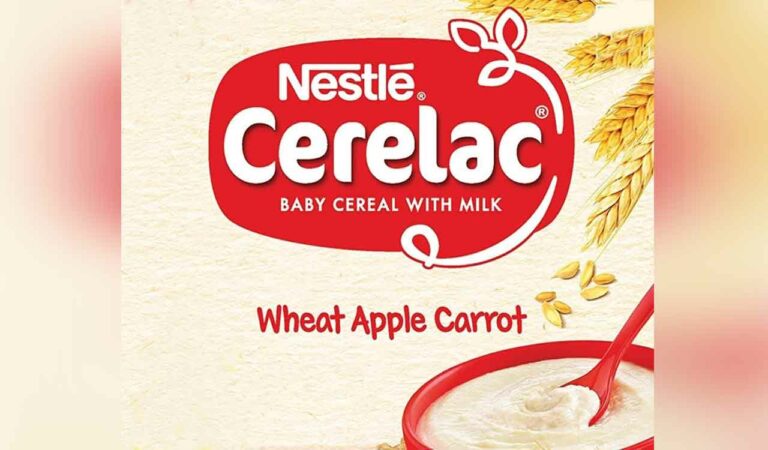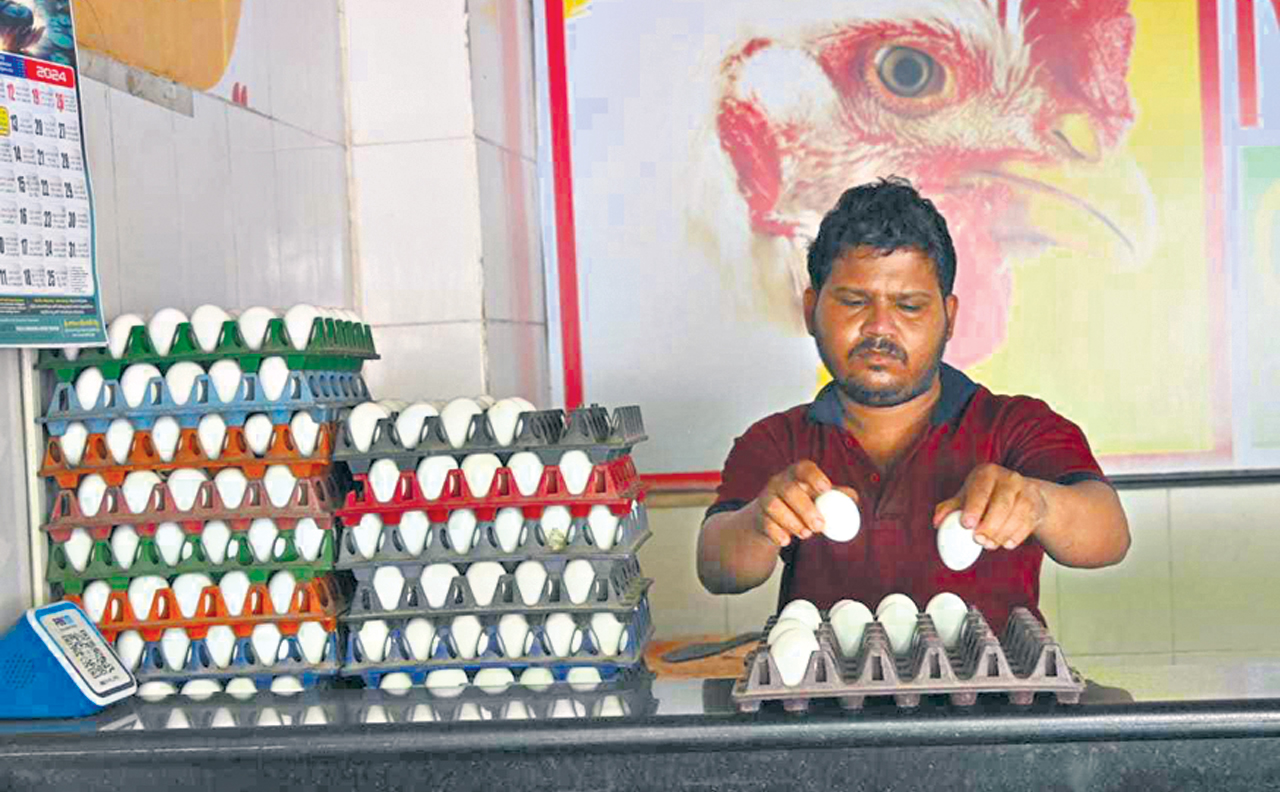
The Nestle episode brings into focus the dubious practices of the global food industry and its utter disregard for health
Published Date – 26 April 2024, 11:55 PM

The discovery of high sugar content in Nestlé’s baby food products sold in India has brought into focus the dubious practices of the global food industry and its utter disregard for public health. Consumer awareness is crucial in shaping food choices and driving industry practices. As people become more informed about the health implications of their dietary decisions, companies face pressure to prioritize nutritious alternatives and provide accurate information about the ingredients. Nestlé’s leading baby food brands — Cerelac, a cereal aimed at children aged between six months and two years, and Nido, a follow-up milk formula brand intended for use for infants aged one and above, contain high levels of added sugar and honey, according to a report by a Swiss investigative organization. Significantly, the products sold in developing countries contained added sugar while Nestlé’s European market offered sugar-free infant nutrition products. The investigation highlighted significant differences in sugar content between the company’s products marketed in low-income and middle-income countries and those sold in Switzerland. When sugar is added to baby formula food, babies are much more likely to drink it because of its pleasing taste. With happy parents purchasing the products, it boosts the bottom line of companies and they can get away with it because of the weak regulatory mechanism in countries like India. The multinational conglomerate, which is facing troubles because of controversies surrounding other food products too, has since clarified that it has reduced up to 30% of added sugars across its infant cereal range over the past five years.
According to the guidelines from the World Health Organisation (WHO) for the European region, no added sugars or sweetening agents should be permitted in any food for children under three. High sugar consumption in infancy is also linked to an increased risk of tooth decay and poor nutrient intake as sugary foods often replace more nutritious options in a child’s diet. The food industry must reassess its practices and food regulators must strengthen their enforcement strategies. It is of particular significance in India where the burden of nutrition-related non-communicable diseases, such as diabetes, obesity, and cardiovascular ailments, is rapidly escalating. Despite being one of the world’s largest food and beverage companies, Nestlé has found itself entangled in several controversies over the years, from the infamous Maggi noodle ban to allegations of child labor. In 2015, Maggi was banned in India after it was found that the product contained more-than-permissible levels of lead and monosodium glutamate (MSG) after being tested by Indian food safety regulators. Later, following thorough testing and discussions with food safety authorities, the sale of Maggi was resumed after they were declared safe for consumption. The company regained confidence only after making necessary changes aligning with global dietary guidelines. Adherence to regulations is crucial to rebuilding trust and nutritional integrity.
Powered by Yes Mom Hosting






